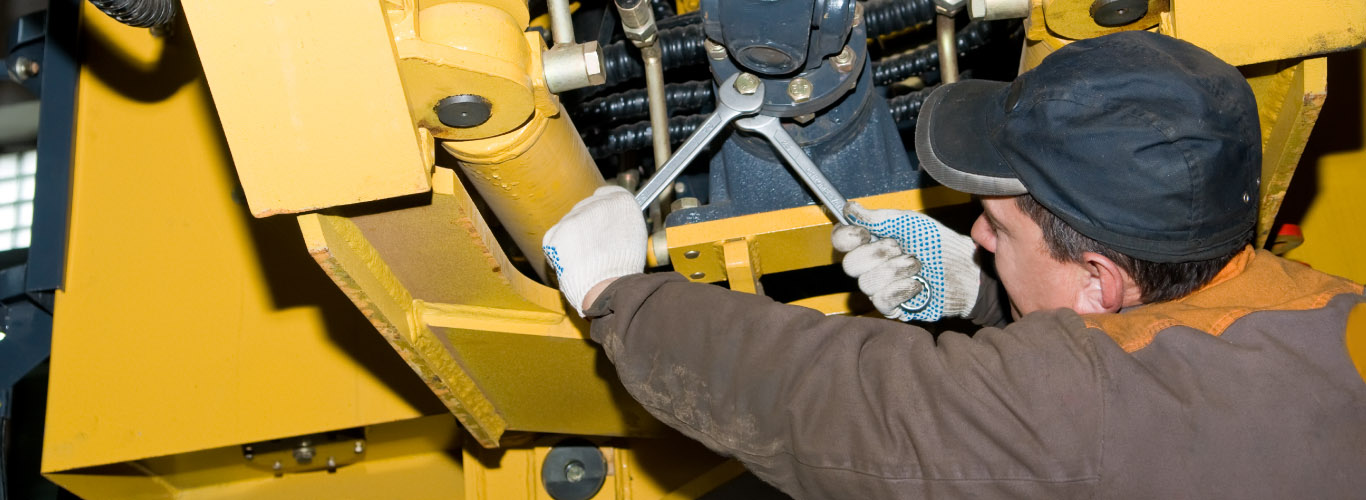The most important question to consider when choosing an excavator is what type of work you will be using it for. Excavators are a vital tool for many industries and projects, including general contracting, grading, pipe laying, mass excavation, demolition, and clearing jobs.
Matching the excavator to the job and the jobsite correctly can mean the difference between completing a project successfully or failing. There are many different combinations of features and capabilities that should be considered when deciding which excavator is best for your business, including size, attachment options, reach, bucket size, fuel efficiency, and more.
What Type of Jobs
The key to choosing the right excavator is understanding what types of jobs you will use it with. The machine required solely for excavation may not be the same excavator suitable for site preparation. Working on confined, urban jobsites also requires a specific set of features and capabilities.
When completing municipal jobs, you will often run into space restrictions and legal weight limits. In order to avoid damaging a jobsite or receiving fines, you need to be aware of your machine's maximum operating weight, as well as the amount of tail swing.
It's also important to match the size and weight of your excavator to the job. Completing a small scale trench excavation job with a heavy excavator that has versatile hydraulic attachment capabilities is only going to increase your fuel costs unnecessarily. On the other hand, attempting to take on a large scale demolition job with a mini excavator will prevent you from completing the work efficiently and safely.
Necessary Configuration
After determining the type of job, it's important to ensure that the configuration of the excavator is suitable for your specific jobsite needs. For example, the most critical aspect of selecting a machine for excavation is determining your daily digging goals. Once you understand your digging targets, you can match the size and capacity of a bucket to the density of the heaviest material you expect to handle.
You also need to make sure you choose an excavator that can properly accommodate the bucket required to excavate that load. The power of your excavator's engine, along with its hydraulic system, ultimately plays a large role in the types of attachments the machine can power, its breakout force, its ability to maneuver on difficult terrain, and the type of loads it can handle.
Technology
New technology is making excavators smarter and more advanced. Machine communication, telematics, and fleet management software all allow owners to understand more about their equipment. That information helps them to manage maintenance scheduling efficiently, monitor operational data better, and provide recommendations to operators to improve machine productivity.
There have also been innovations in group efficiencies and fuel economy in the form of variable speed control technologies and multiple engine modes. Understanding these new technologies and how they can improve operation will help you make knowledgeable decisions about which ones to include on your excavators and which ones to pass up.
Attachment Capabilities
Another key aspect to consider when choosing the right excavator is what type of attachments it is compatible with and how easily you can swap out attachments. Some of the most popular excavator attachments include buckets, grapples, shears, hammers, and pulverizers. Each of these attachments should be matched to the abilities of the excavator being used.
Different excavators have different hydraulic and coupling capabilities, which means some may not work well with certain attachments or with constantly switching attachments. For example, it is estimated that a quality automated coupler on an excavator can save owners up to 25 percent of their total machine operating time compared to direct mount attachments. Couplers make it handy to change attachments, such as swapping a regular ditching bucket for a grading style bucket for grading applications, or changing buckets to match trench width requirements. Ensuring your excavator has the correct type of coupler for your needs is very important to overall efficiency.
There are many available options when choosing an excavator for your business. The most important thing to do is make sure the machine has the capabilities you need and can handle all the work you need to accomplish with it.

